To begin with, let me first share with you some facts (which many of the people I know already know). In 2017, I was diagnosed with stage 3 breast cancer—it’s late-stage and aggressive. And my doctors said I had to undergo four treatments: 1. Chemotherapy, (2) Surgery, (3) Radiotherapy, and (4) Anti-hormonal medications for the next 5-10 years of my life.
I said YES to the first two, but NO to the last two treatments.

SO WHAT HAPPENED IN THE PROCESS? AM I TOO STUPID OR STUBBORN NOT TO FOLLOW THE ADVICE OF MEDICAL EXPERTS FOR MY OWN GOOD?
Not really. Thanks to the amazing lectures from amazing professors in my Psychology class at VU University Amsterdam, I came to understand that my decision to exercise the patient’s right to refuse treatment was a result of a thinking process that combined intuition and critical thinking. Some (if not many) may not welcome this idea of combining intuition and critical thinking in decision-making, especially in Western societies where reliance on intuition is typically blamed for errors or biases. But what happens when we fuse the two as complementary strategies when making decisions?
In the works of psychologists Kahneman and Tversky, they observed that ‘most people don’t use deduction or induction when making decisions on what is true or not true. Instead, most people rely on intuitive thinking’. Intuitive thinking is a term that is often associated with GUT-FEELING or our instincts, INSIGHTS or what researchers say is more related to addressing WHAT the solution is, and INTUITION, which is said to be more involved in the judgement of YES or NO questions.

One question I raised regarding this concept of intuition was whether these terms- insights, intuition, gut-feeling or instincts- are all one and the same under the umbrella of ‘intuitive thinking’. According to my professor, Dr. Annelies Vredevelt, who is an Associate Professor at the Department of Criminal Law and Criminology at VU Universityy Amsterdan and also co-founder of the Amsterdam Laboratory for Legal Psychology, terms like intuition, gut-feeling and instincts are indeed used interchangeably, and fall under the concept of ‘intuitive thinking’. Insight, on the other hand, is something different; when one says s/he got some insights, that meant that person suddenly realize how a problem should be solved based on critical thinking.
Vredevelt further explained that ‘insight problems often involve a mix of inductive and deductive thinking and can only be solved by thinking “outside of the box”, whereas intuitive thinking doesn’t involve much thinking at all.’ So unlike intuitive thinking, critical thinking involves analytical processes. We use facts within the information gathered to support our conclusion when thinking analytically. And we make judgment based on our opinion formed by various sources of information including own knowledge and experiences when thinking critically. Therefore, analytical thinking can be thought of as a step in the overall process of critical thinking.
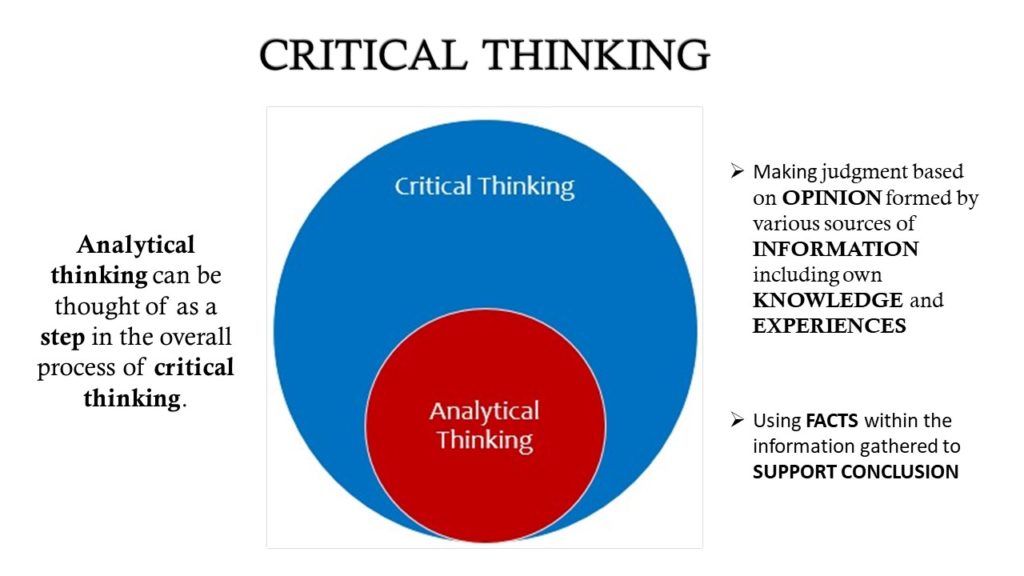
Apparently in Western countries, people tend to value critical thinking over reliance on intuition when making choices or when solving life’s problems. In non-Western countries like Asian countries where I came from, it is not an issue for us to approach problems holistically or intuitively. Sort of our cross-cultural differences, I must say.
So what sort of intuitive and critical thinking did I do?
Intuitively, I listened to what my body was telling me. It had enough and it’s exhausted. But I can’t just rely on that, so I need to do some more digging. I had to find out facts to support my intuition. I had to look not only at the risks and possible side effects of taking radiotherapy and this long-term medications but also I had to learn more about the claimed benefits of the treatments. This is important to eliminate cognitive biases such as confirmation and availability biases. After thorough research and consultation with my doctors, there I realized the claimed benefits of these two preventive treatments do not really outweigh the risks and side effects.
Therefore, I must say that contrary to common conception, intuition and critical thinking are not enemies. They are complementary strategies that we could all apply when making decisions. In fact, even studies in the medical sector showed evidence that it is so. That combination of both intuition and critical thinking could result to much better and sound decisions. For instance, a recent study conducted by Dutch researchers in hospitals in the Netherlands and Belgium found that intuitive knowledge plays an undeniable part in diagnostic reasoning of physicians in hospital settings. And qualitative studies have also shown that the use of intuition in making clinical nursing judgments is an important part of the critical thinking process.
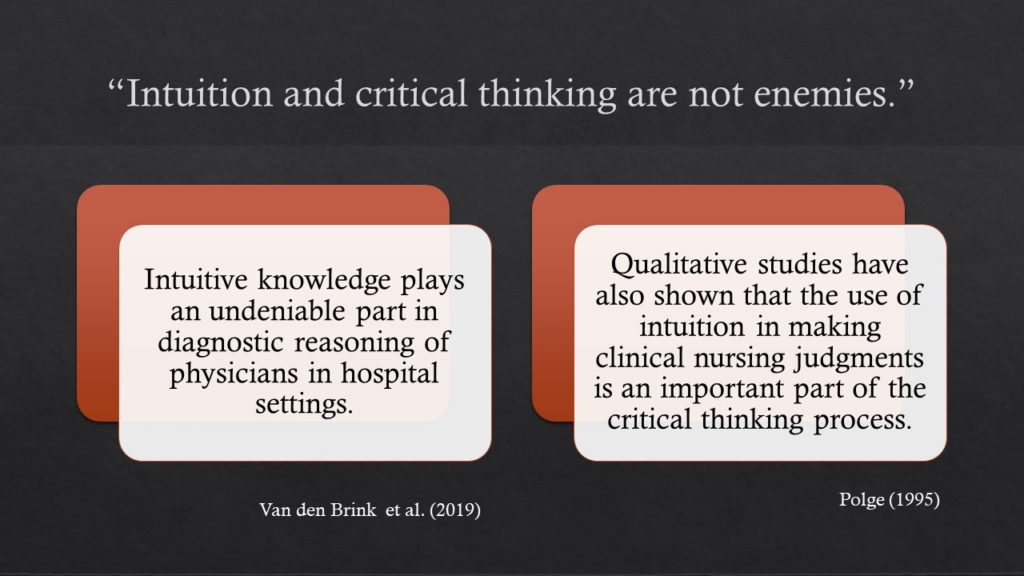
So from deciding what to eat tonight, or which course to take, or when is the best time to move, or who to marry or to date, to probably more serious questions leaving you in a dilemma, the following 6 steps sum up how we could combine the powers of intuition and critical thinking.

In my case, for instance, I did listen to what my intuition has to say to begin with. From that, I realized I wasn’t at peace with my doctors’ recommendations, and that’s a problem because they are experts in this field and they know better what is best for my body. But it is my body, so I also know better what my body is telling me. So for me to be also fair with myself (and not just automatically following what other people tell me to do), I need to gather reliable information, read medical journals and still consult with my doctors. From those information and evidences I’ve gathered, I can weigh the pros and cons to finally consider other alternatives, solutions, outcomes, and explanations. So steps 1 to 5 indeed brought me confidence with my decision to refuse the last two treatments. Even though some people I know still find that decision of mine stupid or stubborn, until now I am 100% certain I made the right decision. I have NO regrets at all! In fact, just this week, I received my mammography test results, and by God’s grace, I am still declared clean and clear of cancer for the second year (and without taking radiotherapy and anti-hormonal treatments).
With intuition and critical thinking combined, I have so far lived cancer-free for two years now, free from the harsh side effects of medications, and free from the risk of developing heart and lung-related diseases. Most importantly, I’ve got my life back, having written a book, enjoying a normal life, going on with my law studies, and finishing this article. All of these won’t be possible without the enduring love and protection of our Living God to us all who believe.
To end, let me post this specific discussion question: Should you always heed your doctor’s advice? Why or why not? So curious to know your thoughts!

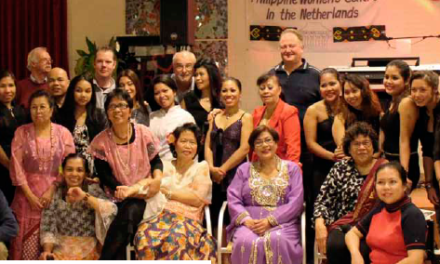

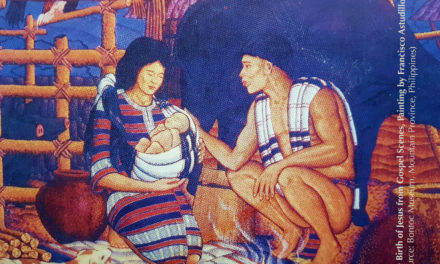
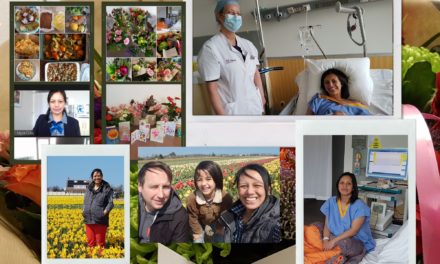
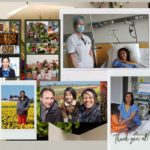


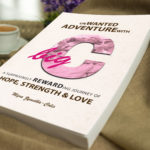
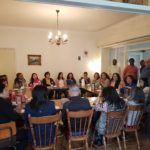


Great! it helps! Thank you and more power!